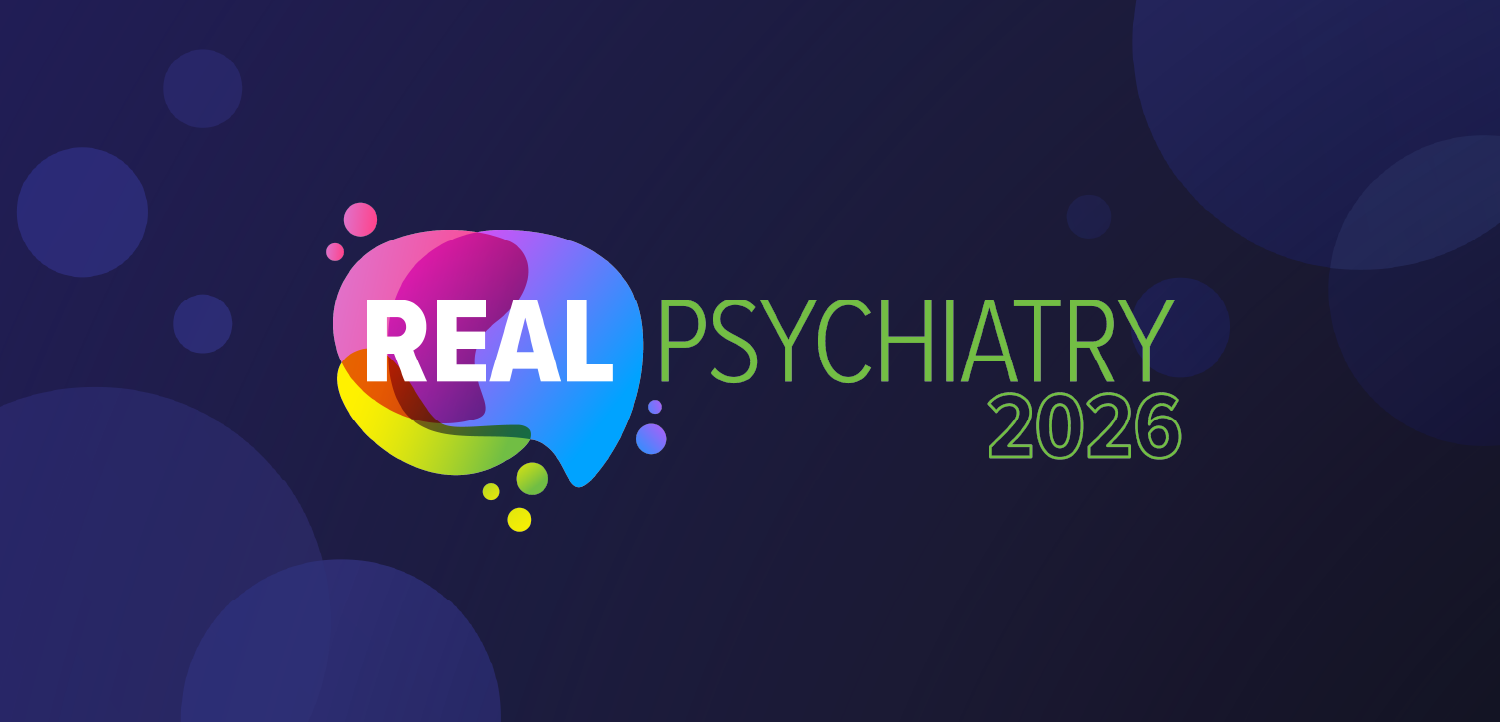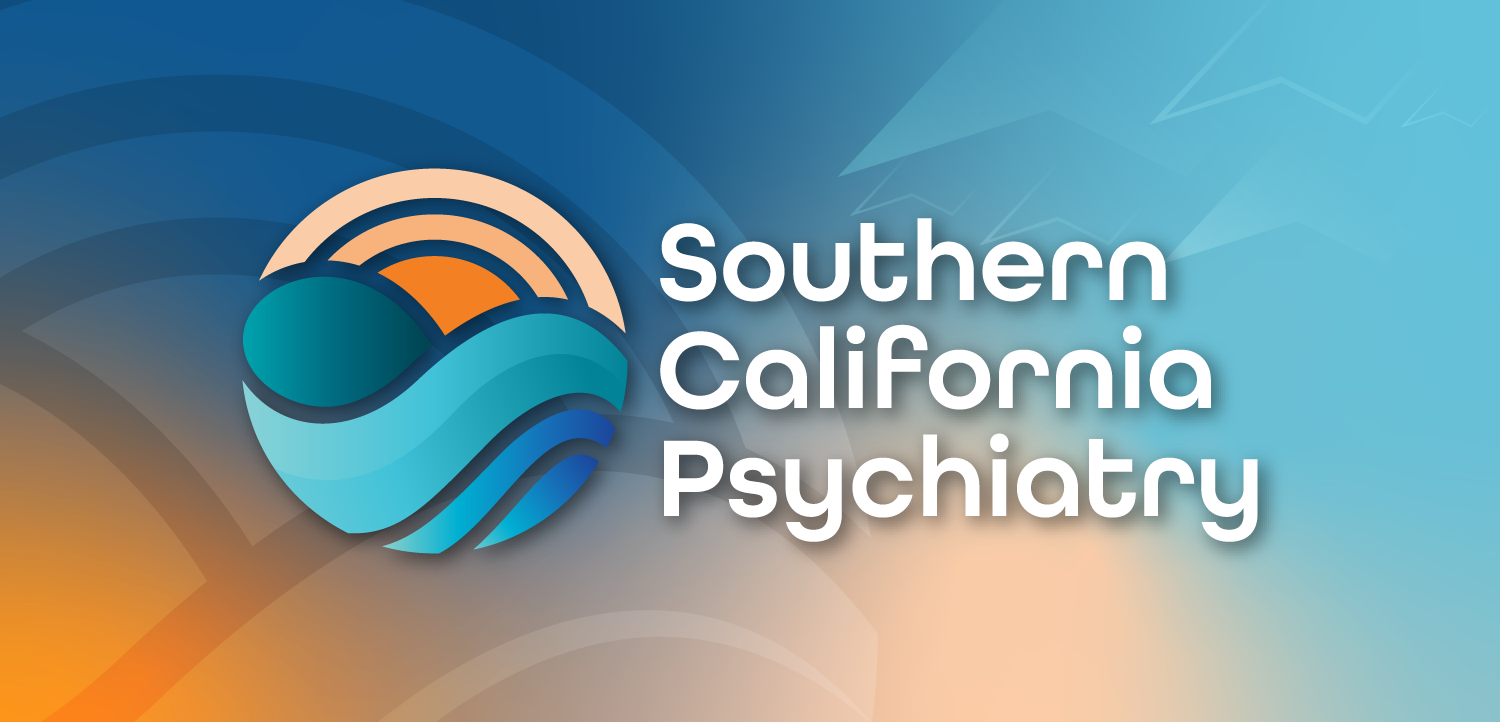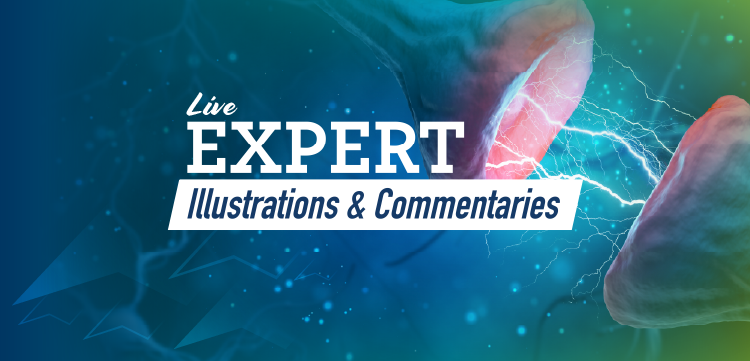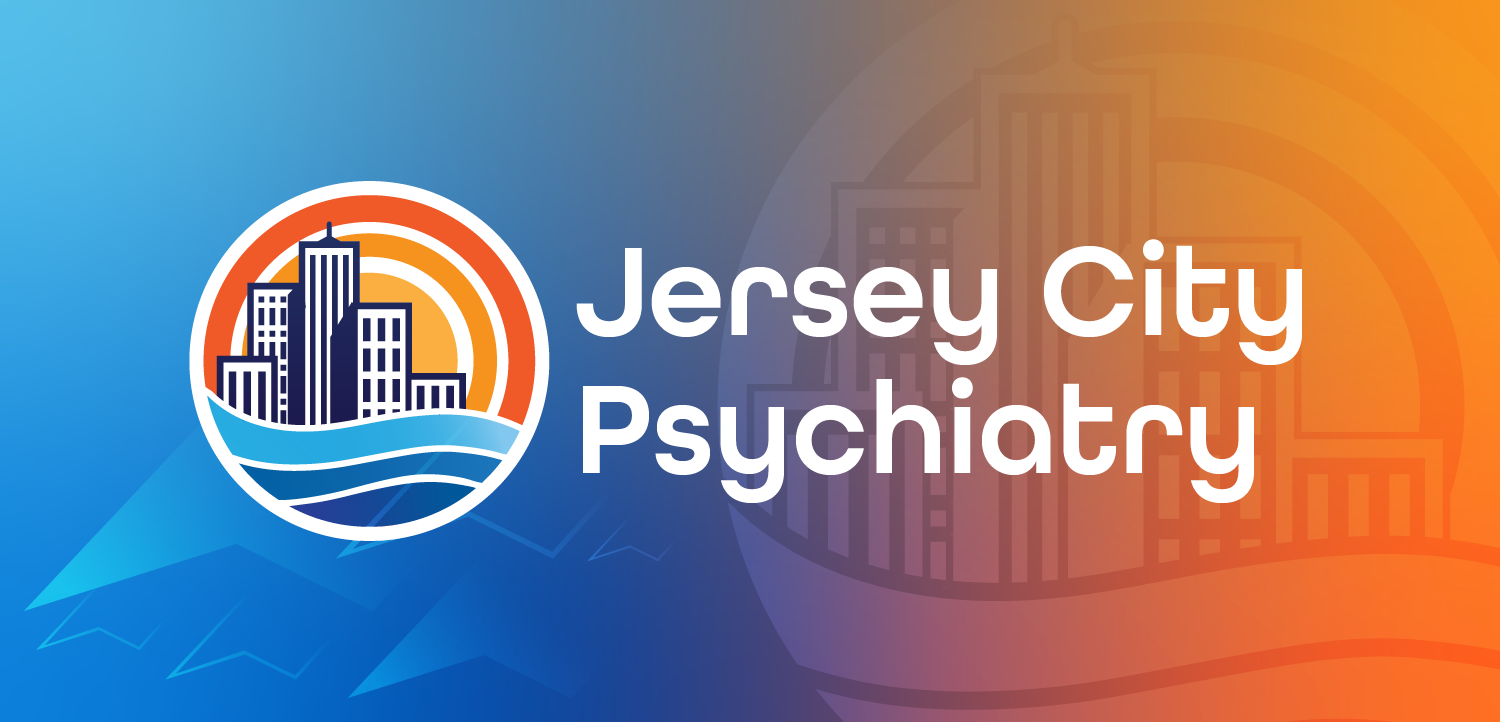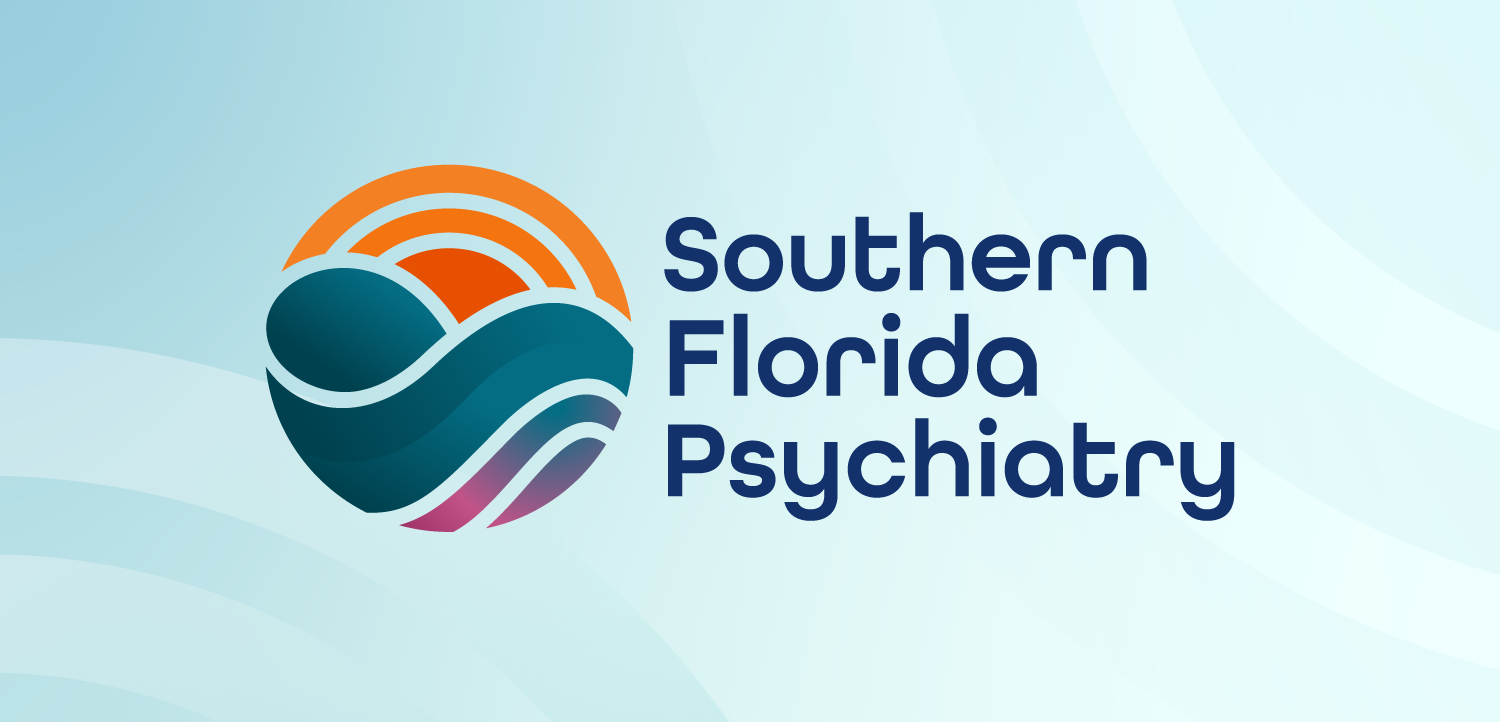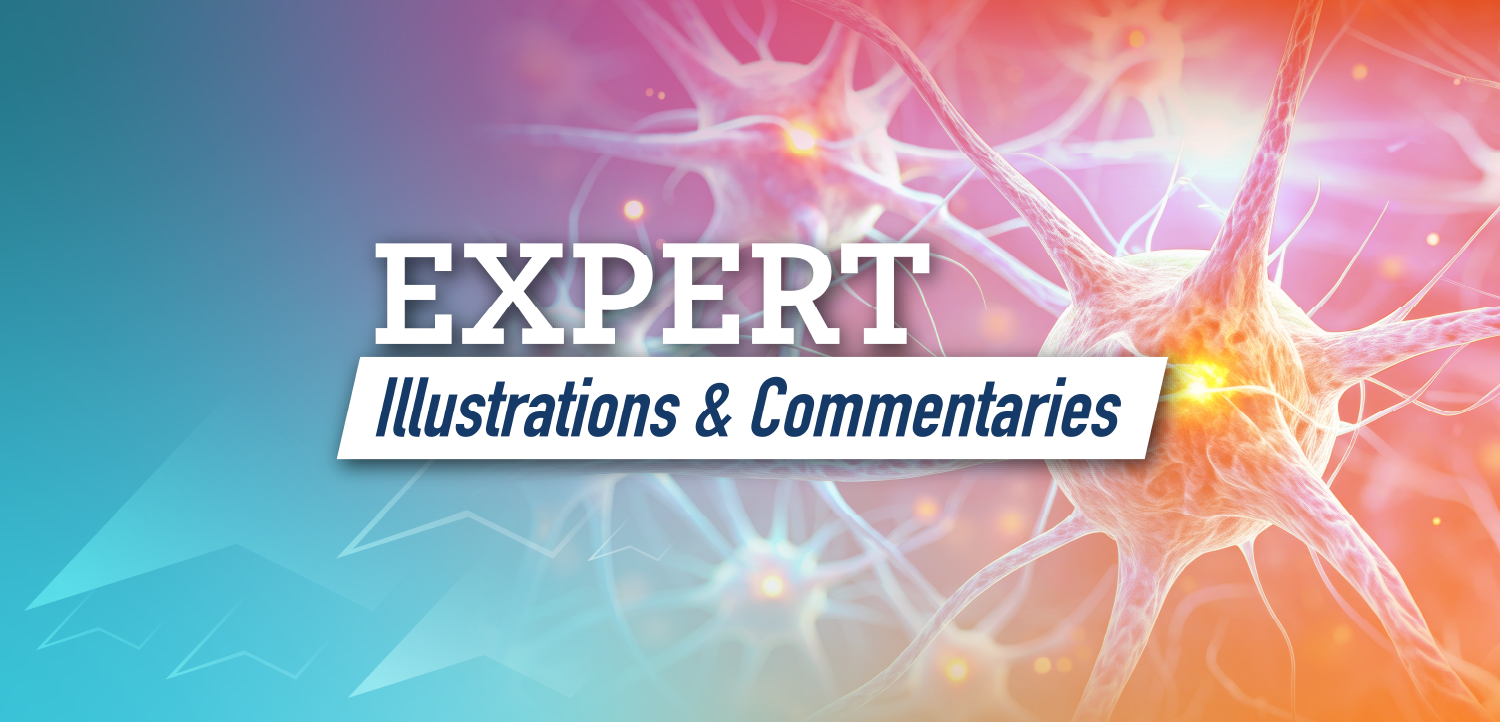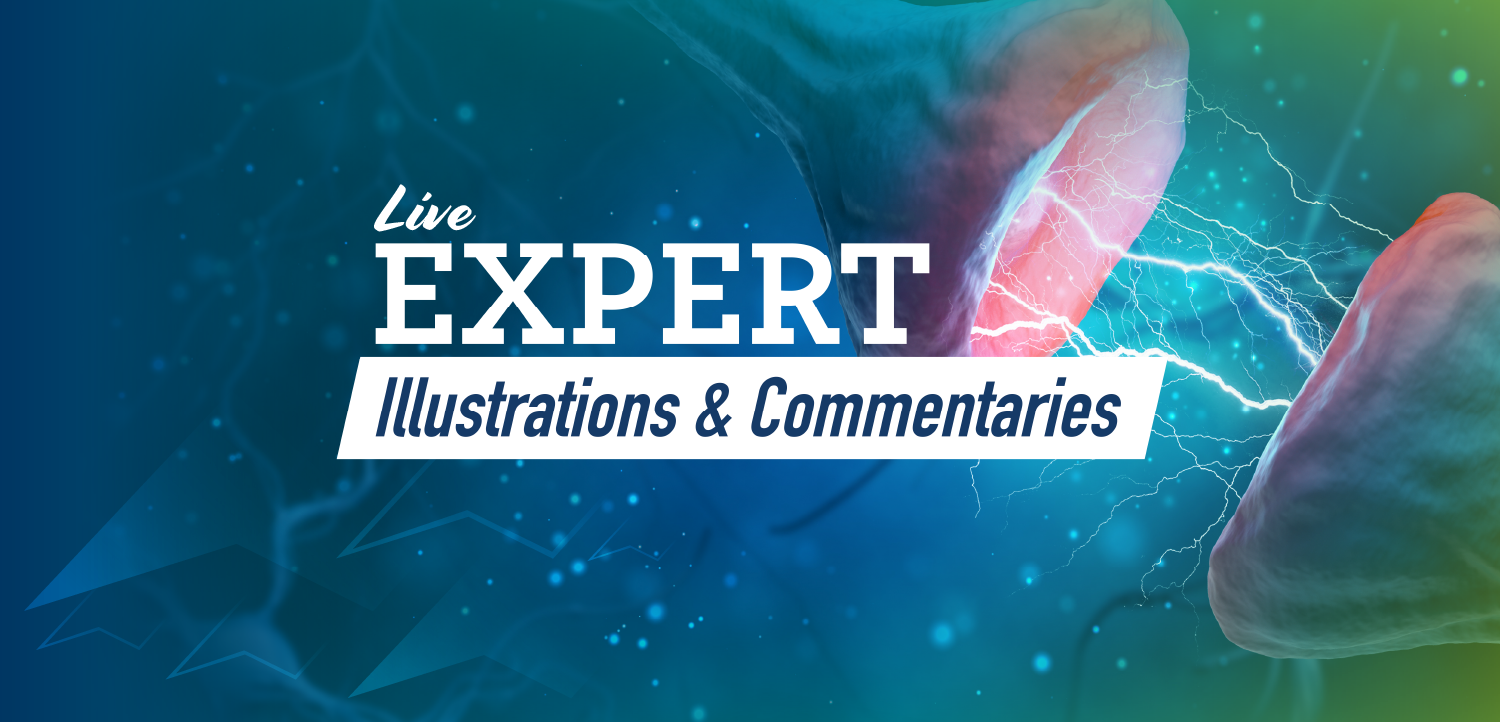
Algorithms for Improved Practice
Can algorithms improve how you practice? Dr Osser explained more in his speech at the Annual Psychiatric Times® World CME Conference™.
CONFERENCE REPORTER
David N. Osser, MD, in his talk at the Annual Psychiatric Times® World CME Conference™, gave 10 examples of evidence from the Psychopharmacology Algorithm Project at the Harvard South Shore Psychiatry Residency Training Program that might change how you practice.
“We’re offering you realistic, evidence-based medicine,” Osser said.
The published and peer-reviewed algorithms, available
Osser’s examples are listed here:
1. Selection of first antidepressant for major depression
If the patient has not had an adequate trial of sertraline, escitalopram, or bupropion, the algorithm suggests two selective serotonin reuptake inhibitors as the first line of treatment for depression. Meta-analyses indicate that sertraline and escitalopram are among the most effective, best tolerated, and least costly. Bupropion should be considered if the patient wishes to avoid the risk of sexual side effects.
Serotonin and norepinephrine reuptake inhibitors, mirtazapine, vortioxetine, and tricyclic antidepressants are not recommended as first line treatment due to various side effects, health risks, or cost.
2. Selection of a second treatment for major depression
If the patient has no response after an adequate trial with any of the agents previously suggested, it is time to switch or augment. No evidence suggests preferring either switching or augmenting; it is mostly the patient’s choice.
3. Duloxetine as an alternative to an SSRI and a first line treatment for general anxiety disorder (GAD)
Duloxetine may be a good first choice when treating GAD because its efficacy is similar to that of an SSRI, it has lower rates of sexual side effects, and its US Food and Drug Administration- -approved. Concerns with duloxetine are infrequent urinary retention, perspiration, and risky for those with liver abnormalities.
4. Hydroxyzine as an alternative to an SSRI and a first line treatment for GAD
Hydroxyzine, an antihistamine with 5-HT2 receptor blocking effects, has low abuse potential, sedating properties, and a lack of sexual side effects. However, clinicians are skeptical of it because it has no known benefit for comorbid disorders like depression or other anxiety disorders.
5. Pregabalin as an alternative to an SSRI and a first line treatment for GAD
Approved for GAD in Europe, pregabalin was found to be comparably effective to other medications for both somatic and psychic symptoms of GAD; however, it was not approved by the FDA for an undisclosed reason. It has a rapid onset, helps with sleep, but may have dangerous side-effects for the elderly, such as somnolence, dizziness, and increased risk for fractures via fall.
6. Bupropion as an alternative to an SSRI and a first line treatment for GAD
While bupropion is not usually considered for treating anxiety, a double-blind controlled trial with 24 outpatients aged 18-64 years with DSM-IV GAD found endpoint scores favored bupropion over escitalopram.
7. Benzodiazepine should not be a first line option
Despite the advantages of benzodiazepine, the side effects (eg, sedation, memory impairment, and psychomotor dysfunction like falls and car accidents) are dissuading. Additionally, up to 40% of patients develop tolerance or dependence. It could be fatal when combined with opiates and should not be used in patients with substance use disorders.
8. For nightmares or disturbed awakenings in patients with posttraumatic stress disorder try prazosin
Prazosin is a non-sedating alpha-1 antagonist that crosses the blood-brain barrier. It has 5 out of 8 positive placebo-controlled studies, whereas sertraline has 4 randomized controlled negative placebo-controlled trials in Veterans and no positive trials.
9. Dose prazosin properly
The algorithm notes a regimen of dosage that best works for men, and a separate, lower dose regimen for women based on a 2013 study by Raskind and colleagues.
10. The pharmacotherapy of obsessive-compulsive disorder (OCD)
Meta-analysis of the dose-response relationship shows only a 9% or 7% greater decline in OCD symptoms for those on a high dose SSRI compared to a low- or medium-dose SSRI treatment. So, a good trial on a low dose should occur first.
The above list is only a demonstration of how the algorithms might assist a clinician’s decision-making process. Osser hopes these algorithms can help avoid ineffective, inefficient, or harmful medical practices.
The Annual Psychiatric Times® World CME Conference™ was held October 15 – 17. More information can be found
Newsletter
Receive trusted psychiatric news, expert analysis, and clinical insights — subscribe today to support your practice and your patients.





